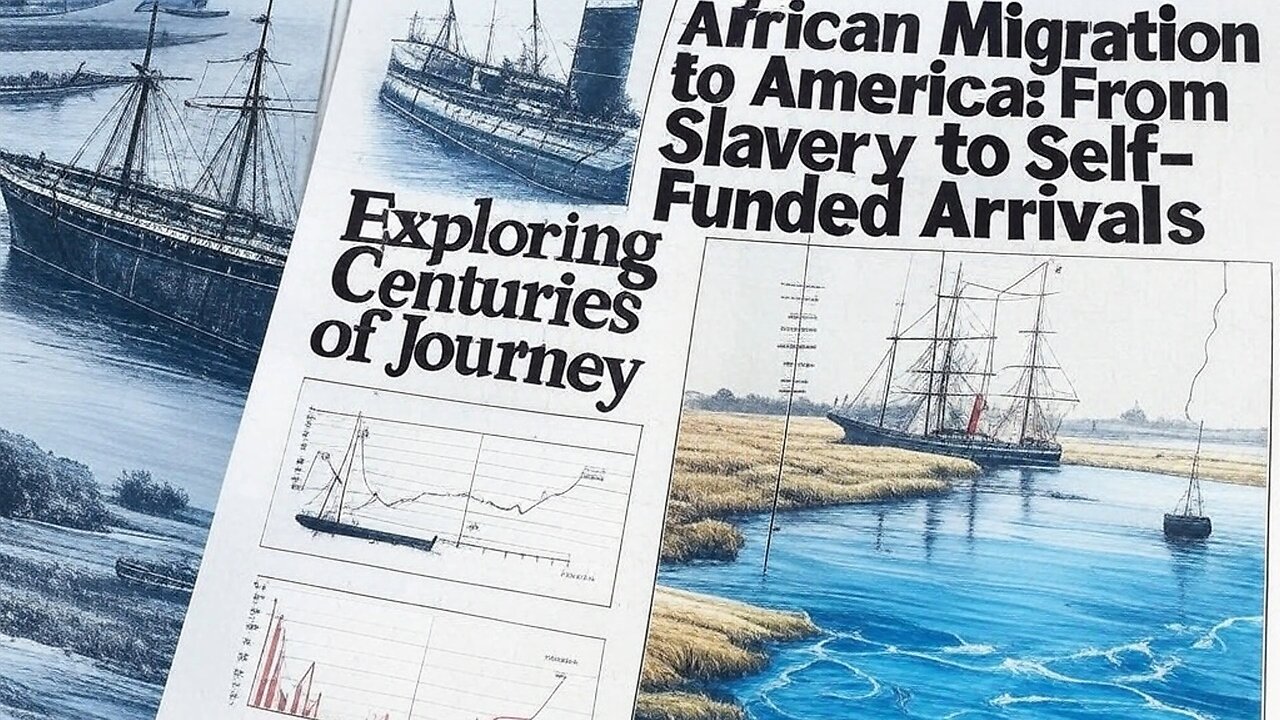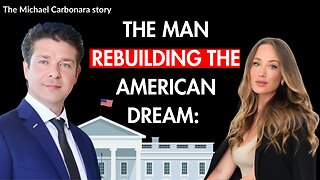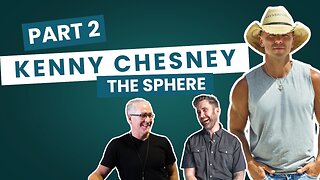Premium Only Content

African Migration to America: Analyzing Self-Funded and Other Methods Compared to Total Arrivals
This essay traces African migration to the United States across centuries, from forced arrivals during the transatlantic slave trade to early free migrants and modern voluntary immigration. It focuses on distinguishing those who funded their journeys independently from the total arrivals, who used a mix of methods like slavery, charitable aid, visas, and employment support, offering a broad perspective on migration patterns and financial dynamics.
The earliest African arrivals include free individuals like Juan Garrido, who reached Florida in 1513 with Spanish explorers, likely funding his passage through prior earnings in Europe. Before English colonization intensified, small numbers of free Africans arrived in Spanish territories like St. Augustine, often as sailors or laborers paying their way via maritime work. In contrast, the transatlantic slave trade forcibly brought a much larger group to America’s shores, with ships delivering captives from West and Central Africa until its legal end in 1808, though some illegal arrivals persisted until 1865. Alongside these, a modest number of free Africans trickled in, often from the West Indies, relying on personal resources rather than external aid.
After slavery’s abolition in 1865, African migration shifted to voluntary movements. Early post-slavery arrivals, mostly from the Caribbean, traveled by steamship, funding journeys through savings or trade skills. Over time, this grew into a broader wave, especially after the 1965 Immigration Act removed restrictive quotas, opening doors for Africans from nations like Nigeria and Ghana. Many in this modern era arrived by air, with a significant portion covering costs independently, though others benefited from structured programs like diversity visas, employment sponsorship, or refugee assistance. The essay highlights a key subset: those who migrated without reliance on slavery or charitable programs, a group spanning both pre- and post-1865 eras, driven by personal means rather than institutional support.
Narrowing further, some Africans arrived without aid from work visas, diversity lotteries, or employer sponsorship—beyond just slavery and charity exclusion. This group includes early independent travelers and later migrants who adjusted status (e.g., as tourists or students) using their own funds. The most restrictive category—fully self-funded migrants—covers those who received no assistance at all, not even from family or informal loans. This smallest subset navigated maritime routes in earlier centuries or modern air travel, relying solely on personal savings, distinct from the majority who used some form of external support.
Compared to the total African arrivals, which include forced slave trade captives, early free migrants, and modern immigrants, the fully self-funded group is a minority. The broader total reflects diverse methods: slave ships, government visa programs, employer-backed entries, refugee resettlement, and mixed funding sources. The self-funded stand out for their independence, contrasting with the larger reliance on structured systems across history.
In conclusion, African migration to America reveals a spectrum of financial independence. From those arriving outside slavery and charity, to those excluding visa and employment aid, to the fully self-funded, each group underscores different pathways. Set against the vast total arrivals, this progression—from forced transport to modern assisted migration—illustrates the evolving role of personal resources in shaping African movement to the U.S. over time.
Read the full unabridged essay and analysis at Real Free News
#AfricanMigration #SelfFunded #SlaveTrade #USHistory #ImmigrationPatterns
-
 DVR
DVR
DLDAfterDark
3 hours ago $1.62 earnedThe Armory - God, Guns, and Gear - A Conversation About Preparedness
21.6K2 -
 23:42
23:42
Robbi On The Record
5 hours ago $2.06 earnedMAGA 2.0? BTS of Michael Carbonara for Congress
25.4K5 -
 LIVE
LIVE
Drew Hernandez
23 hours agoSHAPIRO COOKS HIMSELF: SAYS YOU DON'T DESERVE TO LIVE WHERE YOU GREW UP?
931 watching -
 1:59:26
1:59:26
Barry Cunningham
6 hours agoLIVE WATCH PARTY: J.D. VANCE ON THE SEAN HANNITY SHOW!
32.9K16 -
 2:11:15
2:11:15
megimu32
5 hours agoOFF THE SUBJECT: Judging Strangers on Reddit 😭 PLUS! Fortnite Chaos!
29.6K7 -
 2:53:16
2:53:16
Mally_Mouse
3 days ago🎮 Throwback Thursday! Let's Play: Stardew Valley pt. 32
36.7K1 -
 28:25
28:25
ThisIsDeLaCruz
14 hours ago $2.70 earnedInside the Sphere Part 2: Kenny Chesney’s Vegas Stage Revealed
17K1 -
 LIVE
LIVE
Lofi Girl
2 years agoSynthwave Radio 🌌 - beats to chill/game to
189 watching -
 7:22:36
7:22:36
SilverFox
1 day ago🔴LIVE - ARC Raiders HUGE UPDATE - NEW MAP w/ Fragniac
13.2K1 -
 2:11:25
2:11:25
Nikko Ortiz
6 hours agoLATE NIGHT GAMING... | Rumble LIVE
94.3K7